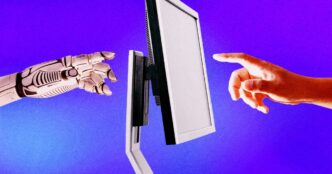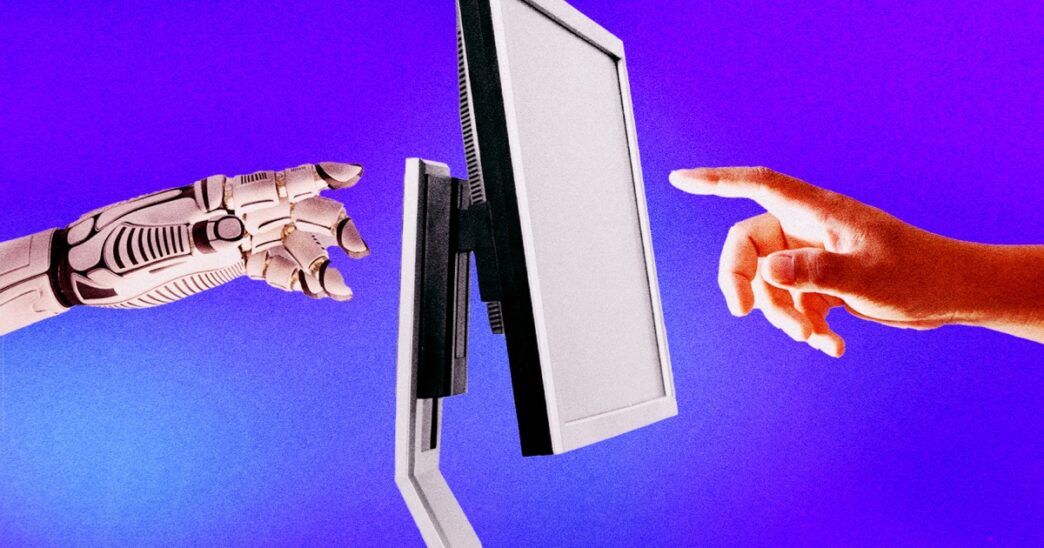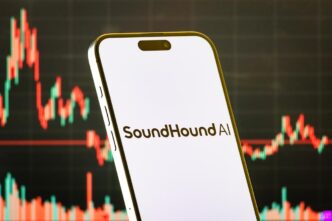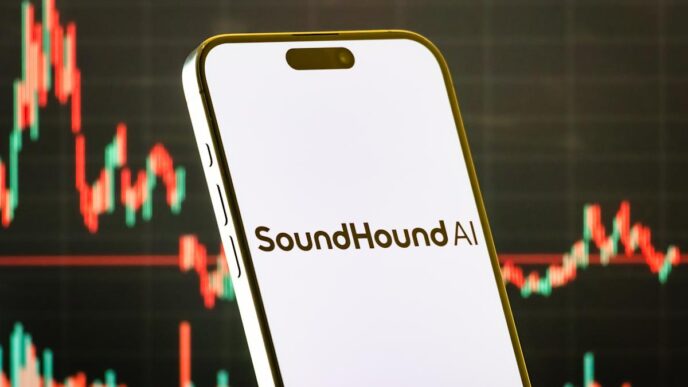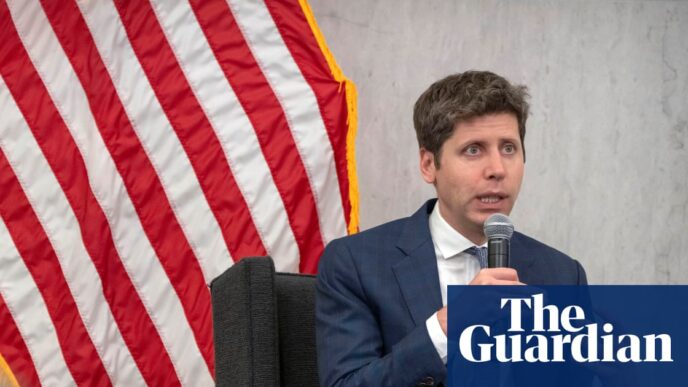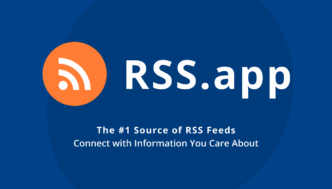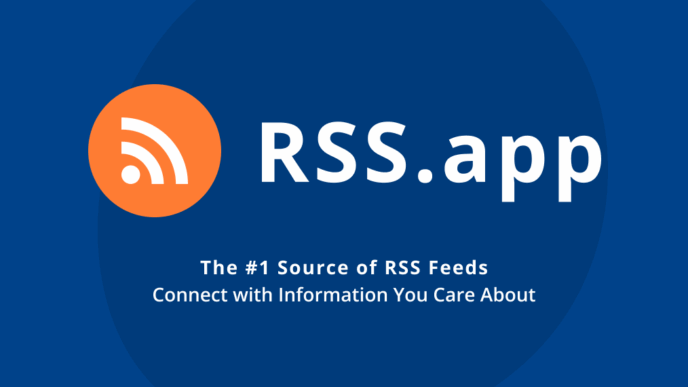The job market is shaky, but AI isn’t the main culprit—yet.
Analysts digging into employment data, earnings reports, and labor surveys find little evidence that AI is causing widespread job losses so far. Yale’s Martha Gimbel, a former Biden economic adviser, said:
“It’s such an emotional thing for people, many of whom are determined to see it in the data,”
“And it’s just not there yet.”
Tech giants like Nvidia, Alphabet, Meta, and Microsoft are pushing AI hard, driving stock market highs. AI was mentioned in about two-thirds of S&P 500 earnings calls through July — up from less than half in Q1.
But companies are using AI as a buzzword for cost cutting amid economic pressures. Tech layoffs jumped in July from Intel, Microsoft, and Recruit Holdings—all citing AI as a factor.
Roger Lee, who tracks tech layoffs, said:
“In 2023, you’d have a high-profile public company do a job cut and cite rising interest rates or uncertain macro conditions.”
“Today, it’s AI.”
Recruit gave vague AI reasons for cuts, saying the tech was “changing the world” without details. Lee added:
“It does seem like many of the roles being cut are in line with ones being used by AI.”
“But it’s still being used as a cover in other cases.”
Entry-level jobs exposed to AI are dropping fastest, but senior AI-exposed roles are recovering, says Revelio Labs. Office, accounting, and legal jobs are mostly stable—some even hit pandemic-era highs last week.
AI’s biggest impact may be saving time for consumers, not workforce shifts. Carnegie Mellon and Stanford researchers estimate AI gave consumers $97 billion in value in 2024, compared to $7 billion revenue for AI firms.
“Free goods are invisible in the GDP numbers, even if they make consumers better off,”
Avinash Collis and Erik Brynjolfsson wrote in the Wall Street Journal.
Still, some companies like MoviePass say AI makes workflows more efficient and reduces hiring needs. CEO Stacy Spikes noted:
“We haven’t seen headcount need to increase.”
But AI integration is limited. Goldman Sachs finds only 9% of companies regularly use new AI tools. Head of Goldman’s global economics team Joseph Briggs said on a podcast:
“When I look at the impact that AI has had on the overall labor market data so far, it looks pretty small to me.”
“The anecdotes and the relationship that the anecdotes have to AI is often a little bit overstated.”
JP Morgan research agrees, finding no major AI impact on jobs—yet warns things could change in the next downturn, with faster adoption driving job displacement.
Anthropic CEO Dario Amodei predicts half of entry-level white-collar jobs could vanish in 1-5 years, spiking unemployment to 10-20%. Nvidia’s Jensen Huang counters AI will create more jobs overall.
“Everyone’s jobs will change,” Huang said.
“Some jobs will be unnecessary. Some people will lose jobs. But many new jobs will be created. … The world will be more productive.”
For now, AI’s economic effects seem mixed and modest. But companies are watching closely as AI moves beyond hype to real workplace impact.
